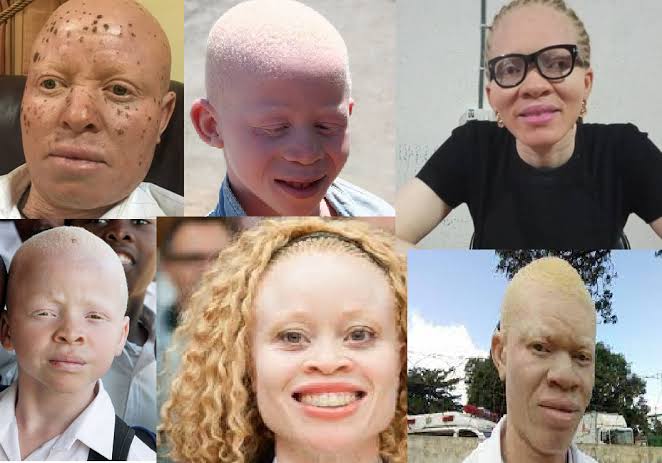FROM RAHILA ABDULLAHI KADUNA
As climate change intensifies, the increasing exposure to ultraviolet, UV, radiation is posing a growing threat to individuals with albinism, especially in relation to skin cancer.
There is the need for urgent action to address the health disparities faced by this vulnerable group and protect their well-being as the heat season begins.
A person living with albinism from Kaduna State, Mallam Lukman Jibril, who joined global efforts to raise awareness, said as the heatwave season approaches amidst high cost of living, buying sun glasses for children and adults living with albinism is necessary.
He made the statement during an interview with newsmen in Kaduna with the aim of raising awareness, as the heat and warm season approaches.
Jibril stressed the importance of educating parents and guardians of children with albinism about the need for proper protection against the harmful effects of the sun, which can cause severe skin damage and other health complications.
Jibril emphasised that the heat season brings significant health challenges for people with albinism around the world, making awareness campaigns even more crucial.
“Skin cancer rates are rising alarmingly among young individuals with albinism, leading to numerous deaths and serious health issues.
“The increasing effects of climate change are exposing individuals with albinism to higher levels of UV radiation, putting them at greater risk of developing skin cancer and other related health problems,” Jibril said.
He added that the climate exacerbates the challenges and it is crucial for healthcare providers to take immediate action to protect the health of this vulnerable group.
According to him, efforts to make sunscreen and protective clothing more accessible and affordable must be prioritised, as many individuals with albinism still lack adequate protection from UV rays.
To build a more inclusive society, it is essential to prioritise the needs of people with albinism, ensuring equal access to education, healthcarel and employment opportunities.
This also includes addressing harmful stereotypes and stigmas surrounding albinism, promoting greater understanding and acceptance.
Working together with dedicated individuals, philanthropists, development partners and government agencies can create meaningful change.
Sunscreen, in particular, should be classified as an essential medicine by the World Health Organisation, WHO, and national healthcare systems to ensure universal access to this crucial protective measure.





